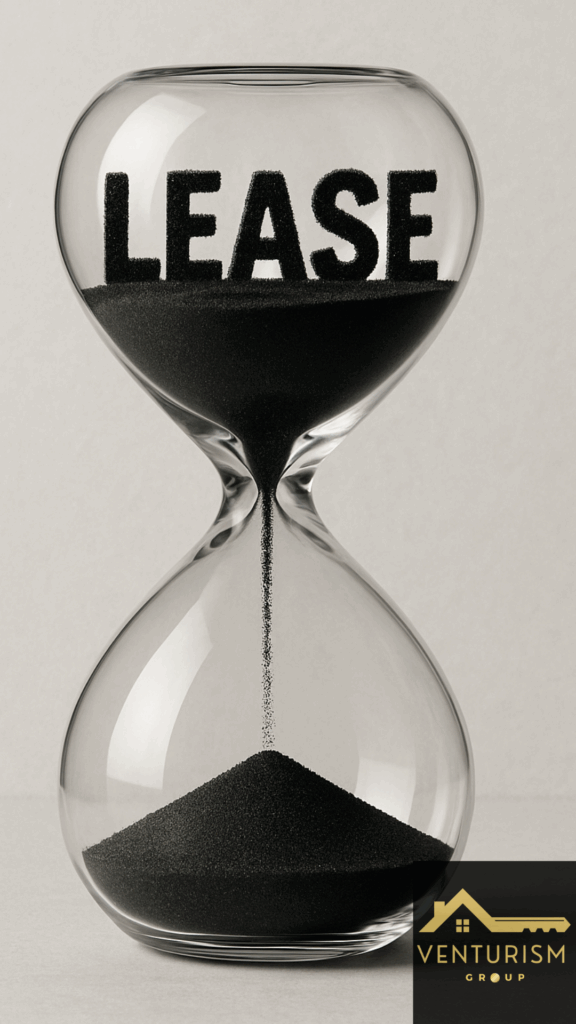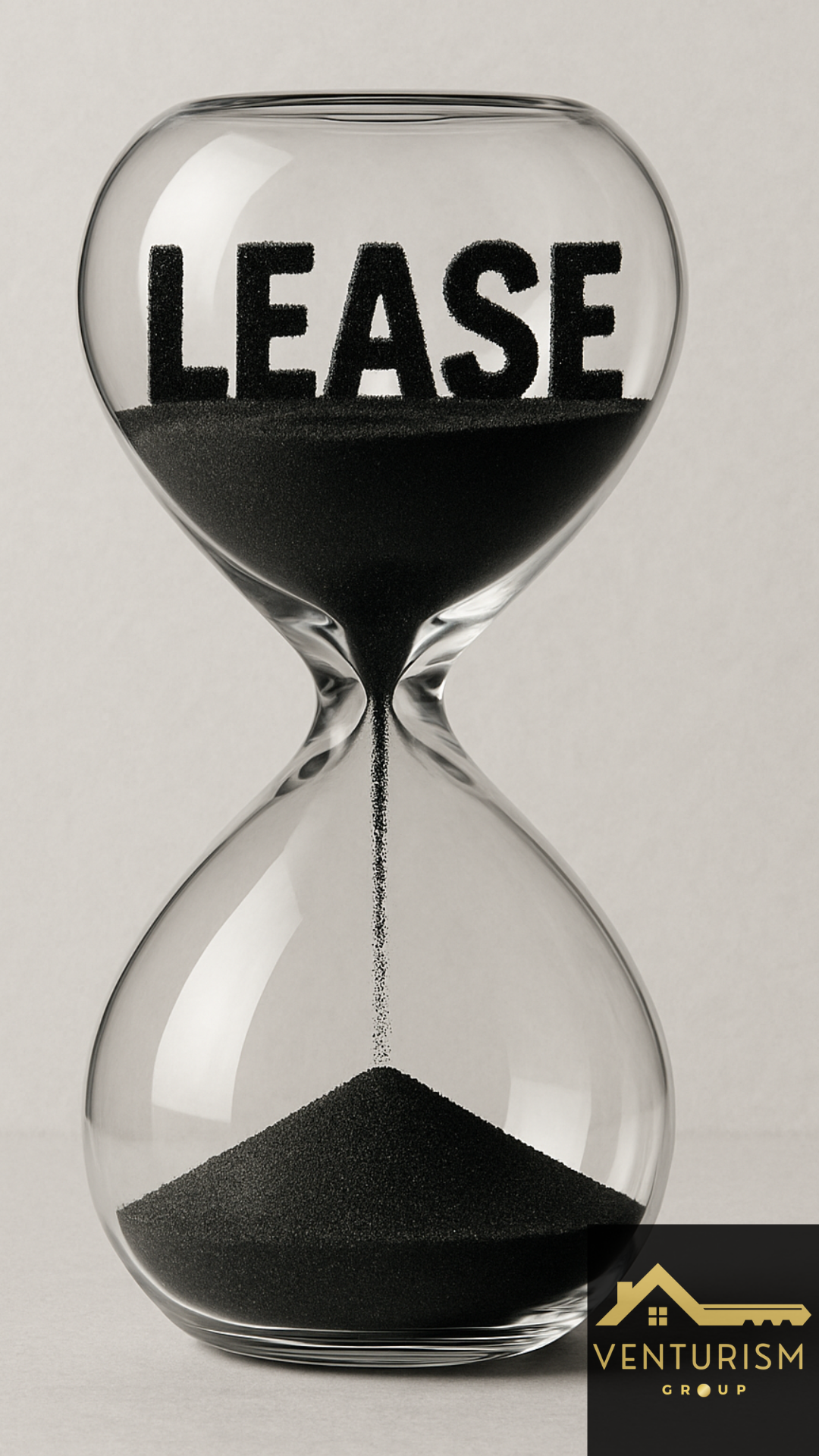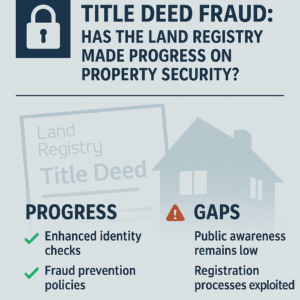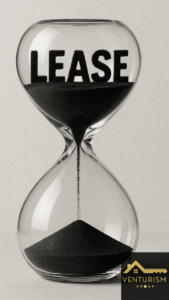For many leasehold property owners, the length of the lease might seem like just another detail in the paperwork — until it isn’t.
Letting a lease run down below 80 years can lead to significant financial and legal implications. Here’s what you need to know before that ticking clock turns into a costly surprise.
🚩 What Happens When a Lease Drops Below 80 Years?
When a lease drops to 79 years or below, it triggers what’s known as “marriage value” — a critical factor in lease extension costs.
Marriage value is the increase in the property’s value once the lease is extended. Under UK law, once your lease has fewer than 80 years left, the freeholder is entitled to 50% of that uplift in value — and that amount gets added to the cost of your lease extension.
💸 Why It Matters Financially
- Higher extension costs: Extending at 81 years vs. 79 years can mean a five-figure difference.
- Decreased property value: A short lease makes your property less attractive to buyers and lenders. Many mortgage providers won’t lend on leases under 75-80 years.
- Reduced marketability: Buyers see short leases as red flags, leading to longer time on market or the need for discounts.
🏦 Mortgages & Resale Issues
A lease under 80 years can limit your financing options. Many mainstream banks refuse to lend on short leases, which restricts your potential buyer pool.
It also affects remortgaging, selling, and even your ability to release equity from the property.
🧠 When Should You Extend?
Ideally, when the lease has between 85 and 90 years remaining. This avoids marriage value and keeps extension costs relatively low. Acting early gives you more negotiating power and financial flexibility.
⚠️ Common Mistakes to Avoid
- Waiting too long: Hoping prices will drop or not realising the lease is short until it’s too late.
- Assuming you can sell as-is: Buyers will factor in lease extension costs or walk away entirely.
- Not getting professional advice: Valuation and negotiation with freeholders can be complex.
✅ Proactivity
Letting your lease dip below 80 years can severely impact your property’s value, financing options, and overall investment potential. If you’re approaching that threshold, act now — not later.
Speak to a solicitor, get a leasehold valuation, and explore your options. And if you’re unsure, work with a property professional who can guide you through the process.
Lease length shouldn’t be an afterthought — it should be a priority.
#LeaseholdAdvice #PropertyInvestment #ShortLease #LeaseExtension #MarriageValue #UKPropertyTips






